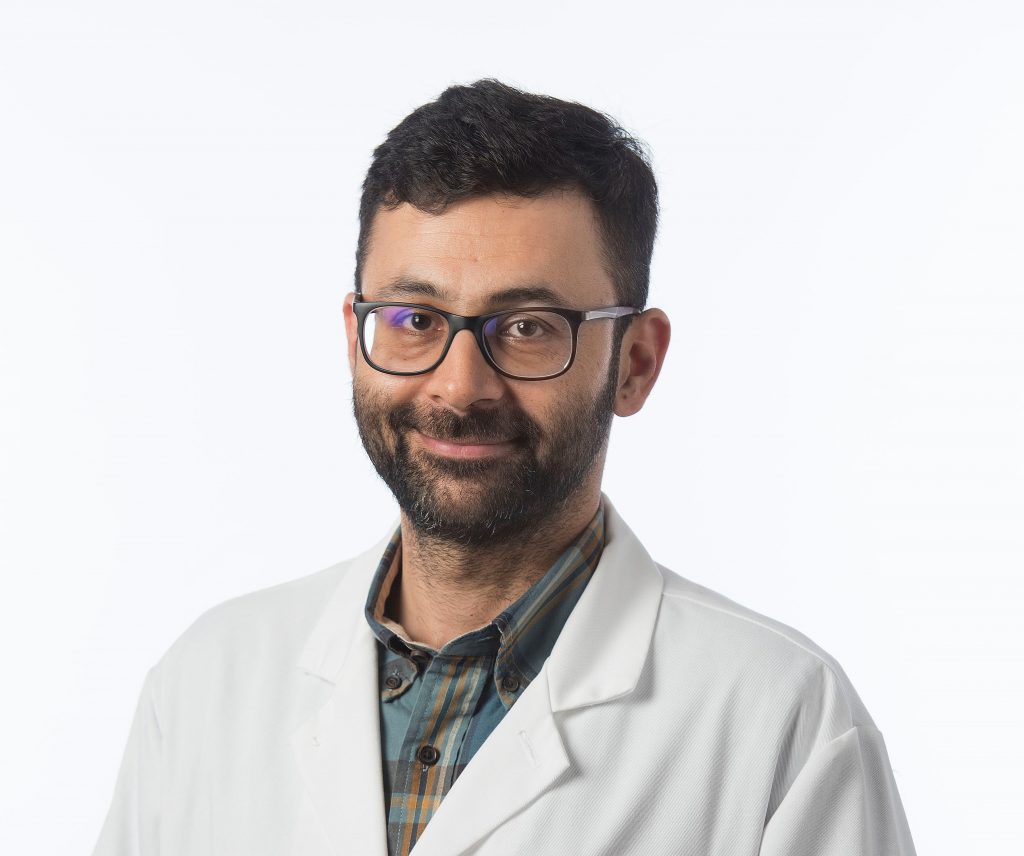<< Back
CHH Antibiotic Stewardship Program Improving Patient Outcomes

August 14, 2019
Many of us have come to expect our physicians to prescribe antibiotics when we’re hospitalized or not feeling well. We’re often surprised when they don’t. Physicians and patients have relied on antibiotics since penicillin was first introduced in the 1940s. Since then, antibiotics have transformed the practice of medicine — making once deadly infections treatable and enabling medical advances that save lives.
But there is the flip side to antibiotics— the bacteria themselves. The more an antibiotic is used, the more the bacteria change. They become antibiotic-resistant. These newly changed bacteria — commonly called “superbugs” — have become even more dangerous to our health. Every time a patient takes an antibiotic, the effectiveness of the medication lessens. The Centers for Disease Control and Prevention (CDC) estimates that more than 2 million people are infected with these antibiotic-resistant organisms, resulting in 23,000 deaths annually.
Charlotte Hungerford Hospital is among hospitals nationwide that have created antibiotic stewardship programs to improve inpatient outcomes by increasing the proper use of antimicrobials (including antibiotics), decreasing inappropriate use and stemming the spread of infections caused by multidrug-resistant organisms, especially Clostridium difficile (C-dif), which causes potentially deadly ulcers of the colon. The cost effectiveness of restricting antibiotic use was also a factor when antibiotic stewardship programs began being established across the country.
“Since our program’s inception in January 2018, Charlotte Hungerford Hospital has reduced its antibiotic use by 50 percent, and we have had a 60 percent reduction in C-dif infections,” said Abdul Sheikh, MD, who leads the antibiotic stewardship program at CHH.
The CHH program includes all features recommended by the CDC and the Infectious Disease Society of America (IDSA), including accountability, buy-in of senior leadership, close collaboration with the pharmacy staff and other hospital departments such as hospitalists and the emergency department.
In addition to Dr. Sheikh, the multi-disciplinary antibiotic stewardship team includes Joel Giuditta, PharmD, CHH clinical coordinator; Rachel McClellend, RN, infection perventionist; Mary Ellen Decelles, chief microbiology technologist, and members of their departments.
“We keep a very close eye on all patients who receive antibiotics in the hospital,” said Dr. Sheikh. “We make sure patients receive the proper dosage of the appropriate antibiotic for the correct length of time.” He also noted that the program has reduced pharmacy costs, resulting in lower hospital and insurance costs for patients.
Dr. Sheikh pointed to the importance of antibiotic stewardship programs because “despite research and the best efforts of advanced nations around the world during the past decade, there have not been any breakthroughs in the search for molecules or combinations of molecules to fight antibiotic-resistant bacteria.
“Ten years ago, clinicians realized that 50 percent of the people that were receiving antibiotics didn’t need them, but they were being prescribed out of an abundance of caution about infectious diseases,” he said. “It was then that efforts were heightened to decrease prescriptions being written in both inpatient and outpatient settings.”
Charlotte Hungerford Hospital’s outpatient antibiotic stewardship program is directed by Joan Palmer, administrative director of physician practices, in collaboration with Qualidigm, a nationally recognized healthcare and consulting research firm. With similar goals to the inpatient program, the outpatient antibiotic stewardship program is helping to improve patient outcomes, reduce resistance to antibiotics and decrease the incidence and prevalence of infections caused by multi-drug resistant organisms.
Performance improvement initiatives in both programs include monitoring prescribing and antibiotic resistance patterns, reporting regularly to staff and offering educational activities such as grand rounds, improving prescribing practices and working with other healthcare facilities to prevent infections, transmission and resistance.
Dr. Sheikh has an office at 538 Litchfield Street, Suite 203, Torrington, where he assists with the diagnosis and treatment of chronic infections, hepatitis and AIDS, and offers consultation to travelers seeking required needed vaccines. For an appointment or more information about the antibiotic stewardship program, call 860.489.7017.